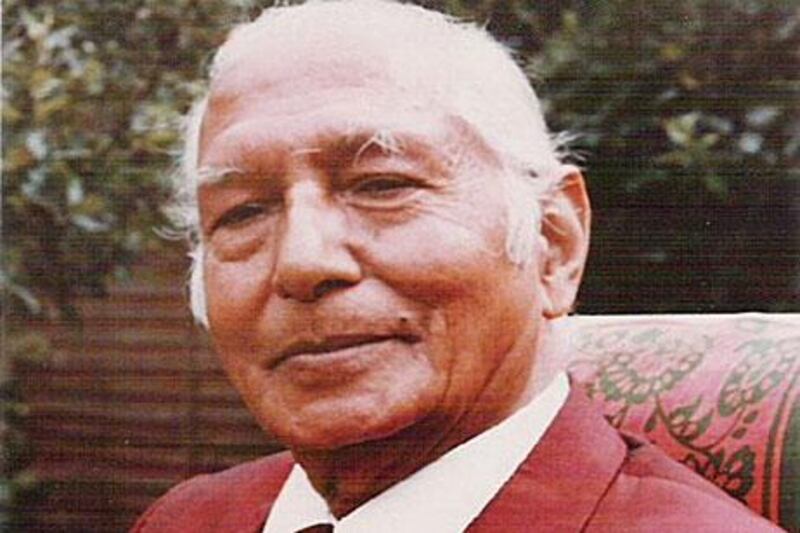Samuel Burke was the longest lived member of the Indian Civil Service and one of the few Punjabis to have served in a senior position under the Raj. He went on to distinguish himself as an incorruptible jurist, one of Pakistan's first ambassadors, an academic and an author.
Born in the Christian Punjab village of Martinpur, the year after the viceroy Lord (George) Curzon left India, he was the son of Janab Khairuddin, a headmaster and the village's first graduate. Burke's grandfather had been the first Christian convert in his family. Janab Khairuddin wrote poetry using the nom de plume Burj (Urdu for "lightning"), which was anglicised to Burke.
Young Sam won a scholarship to Government College in Lahore (now Government College University). He initially studied science with a view to medicine, but found it left little time for cricket. He switched to history, philosophy, Persian and Urdu and achieved first-class honours. A master's degree in history followed.
In 1928, he sat for the Indian Civil Service exams and was selected to study administration and law in Britain.
He returned to India and made progress as a rare, non-white "burra Sahib" in British India. As a district head and sessions judge he was hailed for his honesty. His last role before Indian independence was as chairman of Punjab's elections petitions commission.
After partition, he resigned and took his English wife, Louise, and their four daughters to England, but he was recalled by Pakistan's first foreign minister, Sir Chaudhry Muhammad Zafrulla Khan, to assist on partition and border issues with India and Kashmir. His first appointment abroad was as counsellor to the High Commission in London.
He was successively counsellor, then minister, to Washington; chargé d'affaires in Rio de Janeiro; deputy high commissioner in London; minister to Sweden, Norway, Finland and Denmark, and then ambassador to Thailand. His last posting was as high commissioner in Ottawa.
He resigned in 1961 to take up a newly created chair of South Asian studies at the University of Minnesota in the United States. In 1975 he retired, again, and settled in Britain where another career, as a historian and author, began. He produced some scholarly, well-crafted accounts of the history of the subcontinent. His magnum opus (written with Salim Al-Din Qureshi) was The British Raj in India: An Historical Review (1995). His biographies of Akbar (1989), Bahadur Shah (1995) and Jinnah (1997) were well received. He was awarded the Sitara-e-Pakistan (the Star of Pakistan) by President Ayub Khan.
At 103, by then in a nursing home in Watlington, Oxfordshire, near one of his daughters, he recalled, eight decades earlier, bowling out the maharaja of Patiala, Bhupinder Singh, a passionate cricketer. In awe of the maharaja and in spite of Burke's appeal, the umpire claimed not to see it.
His wife, whom he married in 1933, predeceased him as did one of their daughters. He is survived by three daughters.
Born 3 July, 1906; died on October 9, 2010






